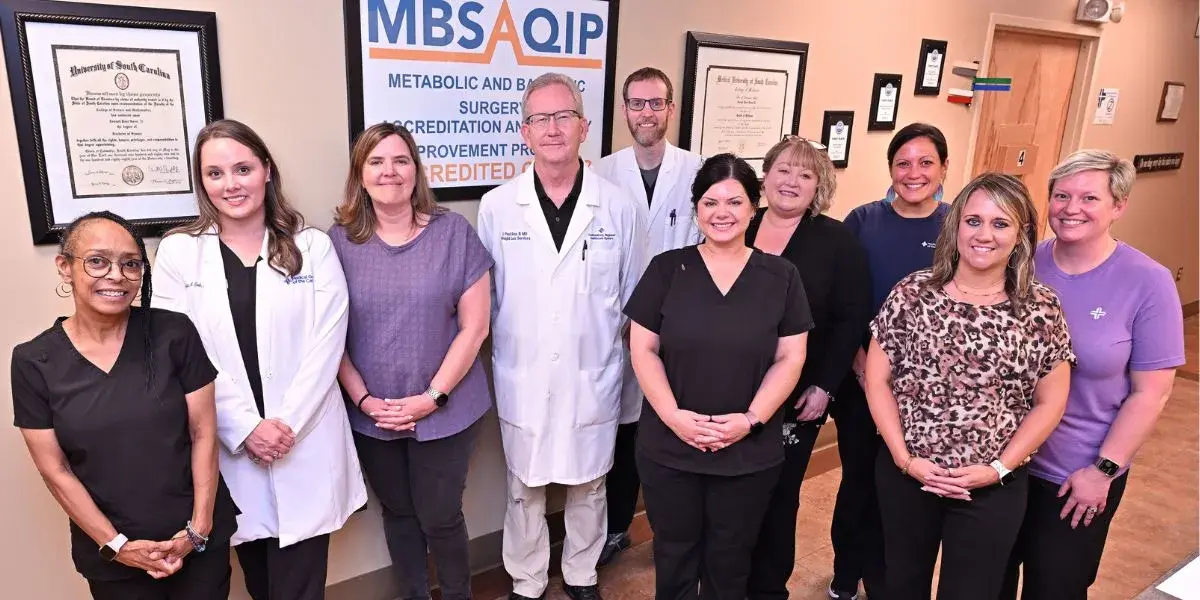
Know the signs of heart disease, and how to lower your risk
Heart disease is the leading cause of death for both men and women in the U.S.
One person dies every 34 seconds in the U.S. from cardiovascular disease, according to the Centers for Disease Control and Prevention.
Spartanburg Regional Healthcare System is recognizing American Heart Month in February by hosting events throughout the month to promote the signs and symptoms of heart attacks and heart disease.
“February is recognized as heart health month, and each year as we celebrate that, this is a way to encourage us to adopt healthy lifestyles to prevent heart disease,” said Crystal Moss, Cherokee Medical Center’s chest pain program coordinator.
Common risk factors for heart disease include:
- High blood pressure
- High cholesterol
- Smoking
- Diabetes
- Being overweight
- Obesity
- Unhealthy diet
- Lack of exercise
- Excessive alcohol use
Heart disease can be “silent” and not diagnosed until a person experiences signs or symptoms of a heart attack, heart failure or an arrhythmia, Moss said.
Symptoms of a heart attack may include:
- Chest pain or discomfort
- Upper back or neck pain
- Indigestion
- Nausea
- Vomiting
- Upper body discomfort
- Dizziness
- Shortness of breath
Call 911 or go to the nearest hospital immediately if you suspect you are having a heart attack.
There are several important steps to take to lower your risk of heart disease:
- Stop smoking
- Have your cholesterol and blood pressure checked
- Eat a healthy diet (low fat, more vegetables and fruit, limited fried food)
- Exercise
“Walking is one of the best exercises you can do,” Moss said.
To learn more about Spartanburg Regional's heart health awareness events throughout February, click here.












